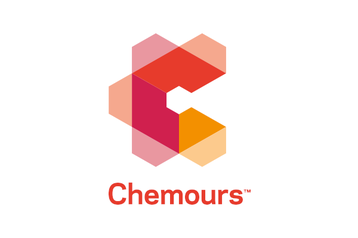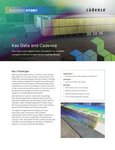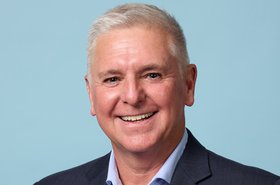Chemical supplier Chemours has entered the market for two-phase immersion cooling fluids with a product it says has less global warming potential than current rivals such as 3M's Novec.
Opteon 2P50 is a proprietary hydrofluoroolefin (HFO) dielectric fluid designed for two-phase immersion cooling systems, where the coolant is allowed to boil and recondense, removing heat more efficiently than simple immersion cooling. Chemours is testing the new fluid for its manufacturing capability and expects to bring it to market in 2025, after regulatory approvals.
However, many fluorinated coolants, classified as PFAS, have been linked with health risks.
Two-phase risks
As power demands increase, data centers are expected to move to immersion cooling systems, which can remove heat more efficiently, using less energy than air cooling. Two-phase cooling systems, from companies including Zutacore and LiquidStack increase this efficiency further, claiming to eliminate 90 percent of the energy required to cool servers in data centers.
Two-phase systems use differing amounts of coolant, and use it in different ways. For instance, LiquidStack immerses its systems in the fluid, while Zutacore floods the chips only using a direct-to-chip circulating system. All existing two-phase systems have hitherto used a PFAS chemical,. 3M's Novec-engineered fluid, which 3M is in the process of withdrawing, after the revelation of high levels of toxic chemicals leaking from its factory in Belgium. Without Novec, questions were raised over the future of two-phase immersion cooling. The chemicals under the spotlight include polyfluoroalkyl substances (PFAS), which are also crucial to the much-larger sector of silicon chip production.
Since the withdrawal of 3M, Zutacore has said it will eliminate PFAS by 2026, moving to an interim solution with a lower fluorine content. Until that date - that replacement is an existing Chemours coolant, Opteon SF33. Meanwhile, LiquidStack has said it is looking at alternatives, but CEO Joe Capes told DCD earlier this year: "LiquidStack is not a chemical company and we do not have a position on PFAS."
According to Chemours' release, the new fluid is designed specifically for two-phase immersion cooling and has "substantially lower global warming potential (GWP) compared to incumbent fluid" (which presumably refers to Novec).
“Two-phase immersion cooling represents a tremendous unmet market need and Chemours is excited to be entering this space and investing in the present and future needs in such a significant way,” said a press release quote from Natalia Duchini, senior director, global technology at Chemours. “We’ve innovated a next-generation fluid that meets or exceeds our customers’ most critical criteria for performance and efficiency. Moreover, by putting the power of our chemistry to work, it also ensures sustainability in an evolving environmental landscape."
The release does not mention whether the fluid would be classified as a PFAS, and fall foul of potential regulation by the US EPA and the EU. In response to a question from DCD, Chemours says it does not believe this is likely to be the case:
"The PFAS issue is complex and there is no global working definition to rely on when classifying compounds. Based on our analysis of the chemistry and the potential degradation of the product, we do not believe that this compound belongs in the PFAS class. Opteon 2P50 is an HFO that quickly breaks down in the atmosphere and is a non-PBT (persistent, bio-cumulative, toxic). Chemours will continue to work with regulators globally to educate them about the molecule and the degradation profile to ensure they have the best available data for the decision-making process."
Overall, the company says it is "committed to a science-based approach, responsible manufacturing, and circularity," and says two-phase immersion cooling is "best-in-class for efficiency, space, and resource utilization and we will continue to invest in developing solutions for supporting these technologies."
In the past Chemours has argued for continuing to use PFAS, saying "there are no alternatives".







